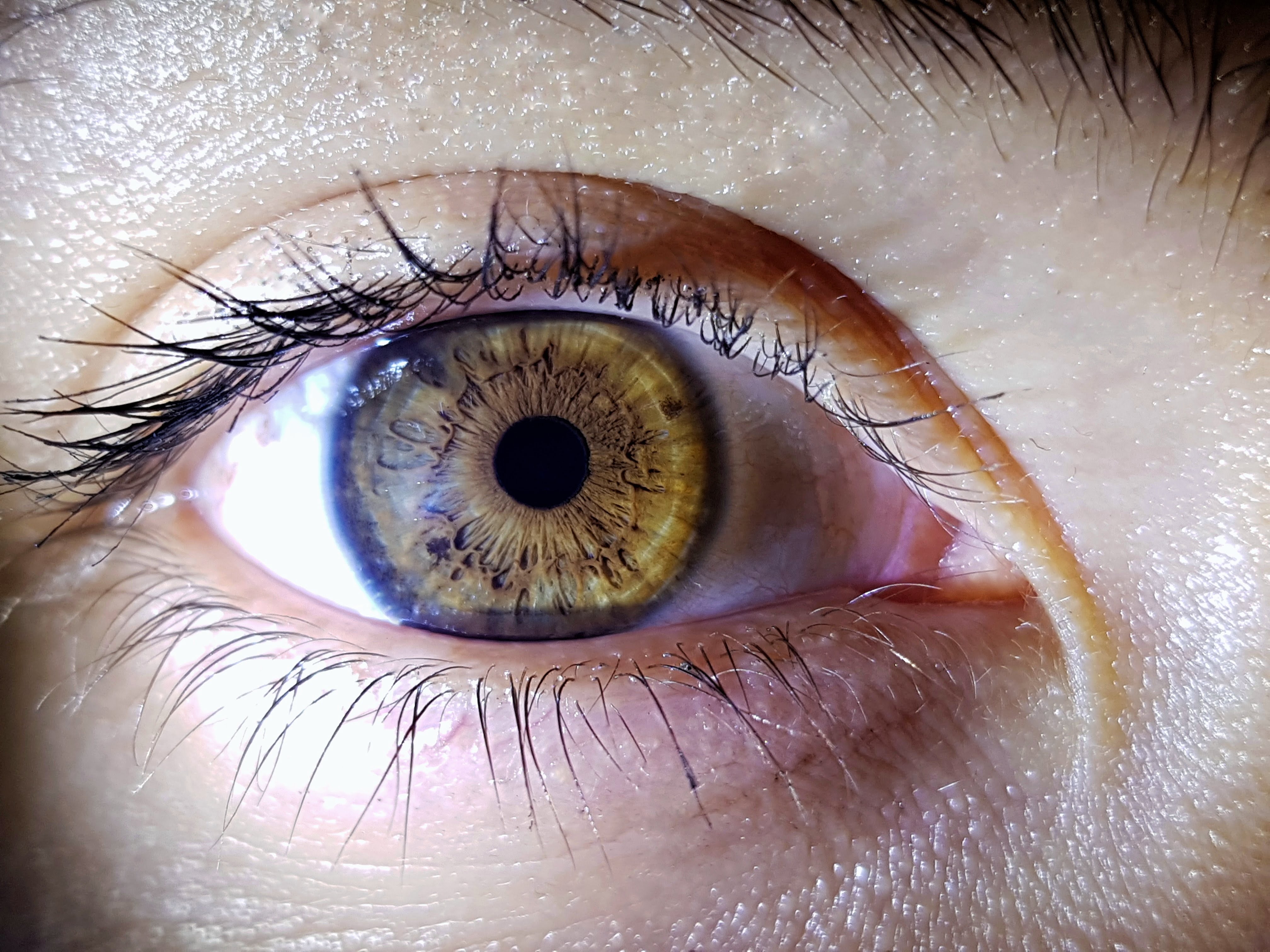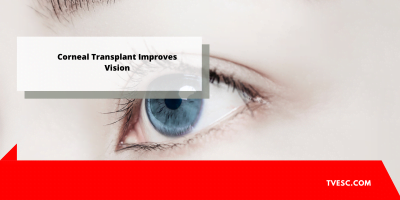Isn’t it true that eating carrots helps our vision?
That’s a relic from a British propaganda operation during World War II. To protect their newly discovered radar technology from the Germans, the British reported as widely as possible that their airmen had superhuman night vision by eating a lot of carrots.
Even eight decades after the conflict, the notion lingers. It does include one grain of truth: carrots and other nutritious foods help our eyes stay healthy, even if they don’t provide us with superpowers.

How Beneficial Are Carrots to Our Eyes?
Carrots are genuinely beneficial to our health. They, along with other yellow and orange leafy greens and vegetables, are high in vitamin A. Their colour comes from beta-carotene, a chemical that our intestines utilise to make vitamin A. Vitamin A is used by our eyes to help convert light into brainwaves and to build our corneas (the clear layer over the front of the eye). Every year, a lack of vitamin A contributes to the blindness of up to 500,000 youngsters.
Oranges and sweet potatoes
Vitamins C and E are antioxidants that are crucial for general health. Vitamin C decreases the risk of cataracts and may help slow the onset of age-related macular degeneration (AMD). Citrus fruits, such as oranges, grapefruits, and lemons, are high in vitamin C. Vitamin E shields our eyes from “free radicals” (molecules that disrupt healthy tissue). Sweet potatoes are high in vitamin E.
Fish and oysters
A healthy immune system and good brain function are dependent on ingesting enough omega-3 fatty acids, and studies also reveal that they aid with visual development and retinal function. Fish is an excellent provider of these nutrients.
Meanwhile, oysters are high in zinc, which functions as a carrier for vitamin A from our livers to our retinas. A diet high in vitamin A is useless unless it is supplemented with zinc. If you don’t like oysters, you can get zinc from nuts, beans, and meat.
Leafy Greens and Eggs
According to research, getting enough lutein and zeaxanthin in our diets lowers our risk of chronic eye illnesses including AMD and cataracts. The finest sources of these nutrients are eggs and leafy greens.
Nutrition is only one aspect of being proactive about eye health.
Even if we consume all of the essential nutrients in the proper proportions for our eye health, it is no alternative for regular eye checkups. Eye issues can occur for a variety of causes that have nothing to do with nutrition, which is why seeing an optometrist is so vital. The eye doctor can discover abnormalities early on and initiate therapy or intervention.
For more information about eye specialist selangor, please visit https://www.tvesc.com/en/

